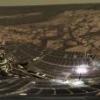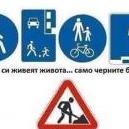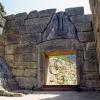Любими стихотворения?
-
Последна активност
-
- 11 мнения
- 77 прегледa
-
- 96 мнения
- 42429 прегледa
-
ПостИстина - що е то и един синтезен обход по психологическите и социалните му аспекти. 1 2 3 4
От ramus, in Психология и Логика
- 92 мнения
- 1526 прегледa
-
Руско-украинската война 2022-2024 година. 1 2 3 4 191
От Р. Теодосиев, in Руско-украинската война 2022 година.
- 4756 мнения
- 370635 прегледa
-
- 83 мнения
- 2498 прегледa
-
-
Последно разглеждащи 0 Потребители
- No registered users viewing this page.




Препръчано мнение
Напиши мнение
Може да публикувате сега и да се регистрирате по-късно. Ако вече имате акаунт, влезте от ТУК , за да публикувате.